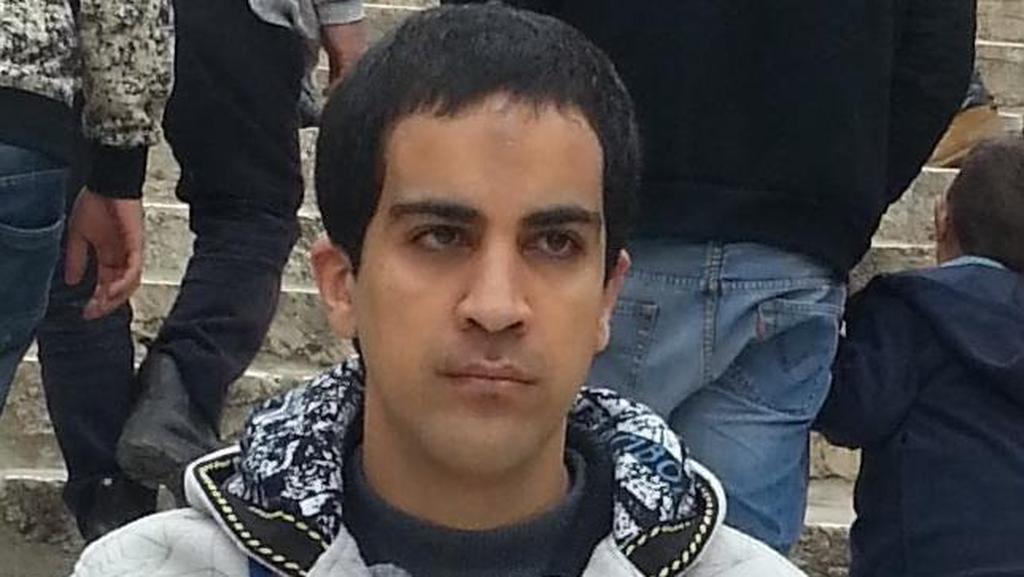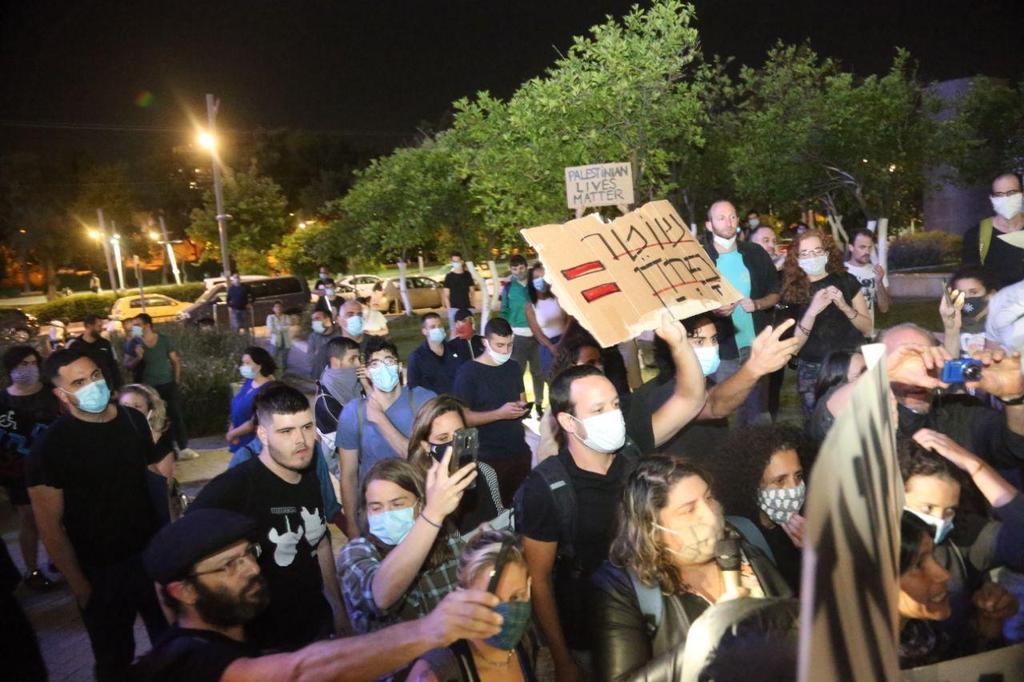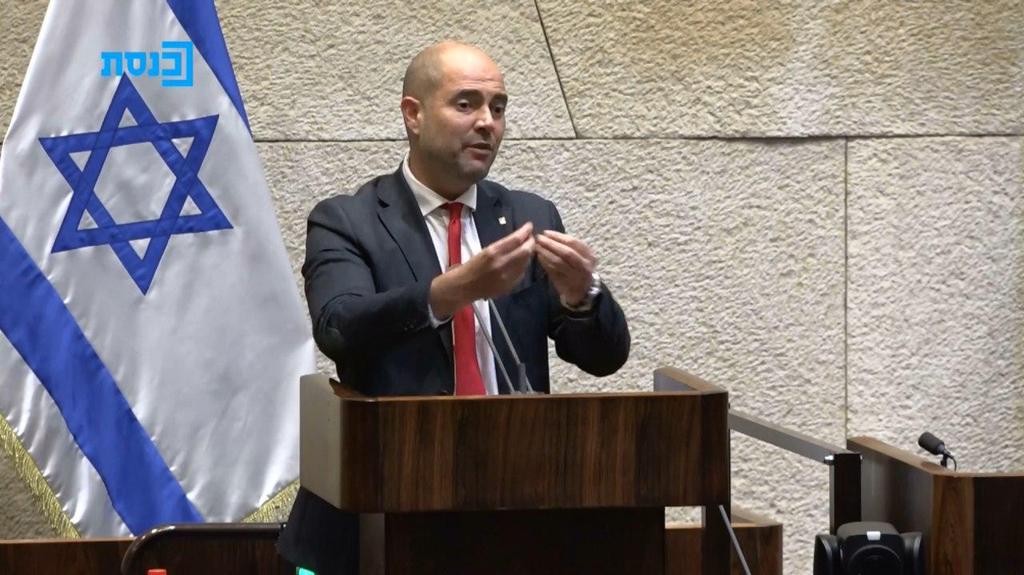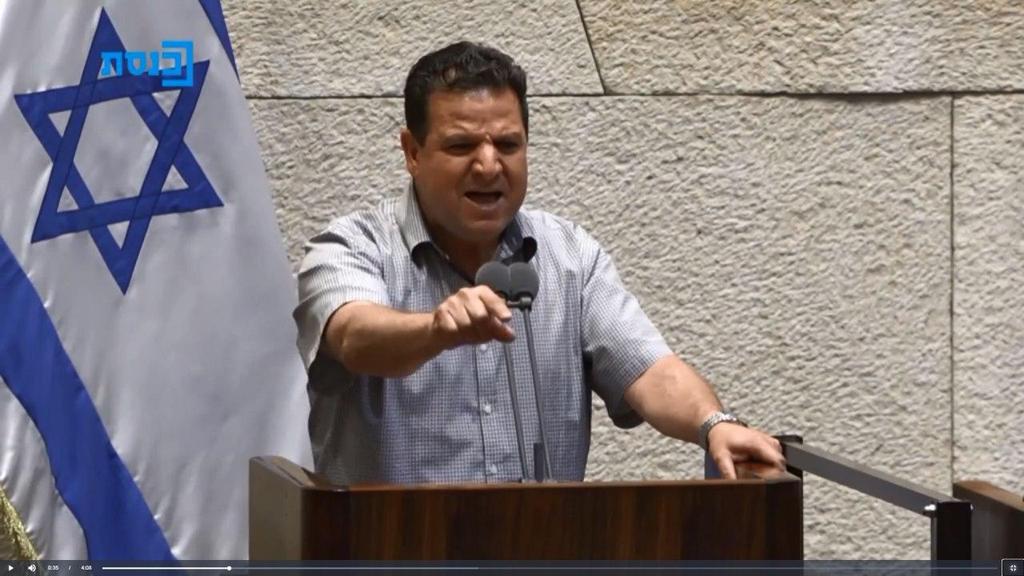Public Security Minister Amir Ohana said on Wednesday that police will review the treatment of people with disabilities by officers following the fatal shooting of a Palestinian man with autism by police in Jerusalem.
"We should review how we identify people with disabilities," said Ohana in response to a question on the issue in the Knesset.
"Perhaps there are nuances that could help prevent the recurrence of such incidents. We're already reviewing arrest protocols and I intend to advance this," Ohana said, in his first remarks on the incident.
Iyad Halak, a 32-year-old Palestinian with autism, was shot dead by police at the entrance to the Old City on Saturday. Halak's relatives said he had been heading to his school for students with special needs when he was shot.
The police initially said officers believed Halak was holding "a suspicious object that looked like a pistol," and opened fire when he failed to obey orders to stop. Police spokesman Micky Rosenfeld later said no weapon was found.
4 View gallery


Iyad Halak, a 32-year-old Palestinian with autism, was shot dead by police in Jerusalem
The incident drew broad condemnation and revived complaints of excessive force by security forces. Defense Minister Benny Gantz later apologized for the killing.
Ohana on Wednesday urged citizens to refrain from violent protests similar to the ones in the U.S. following the killing of Minneapolis man George Floyd, who was killed when a police officer knelt on his neck for more than eight minutes, leading to his death by asphyxiation.
"No to violence against police, no to violence against citizens. Usually, from personal experience, cops act in self-defense," Ohana said.
4 View gallery


Israelis protest outside the Tel Aviv home of Public Security Minister Amir Ohana after Iyad Halak was shot dead by Jerusalem police
(Photo: Moti Kimchi)
"I hope this doesn't fall on deaf ears and some would try to bring Minneapolis, the riots and pogroms, over here. I think we are in a better situation, we need to preserve this, our shared life."
MK Ayman Odeh, who heads the Joint List union of predominantly Arab parties, took to Twitter to criticize Ohana's remarks.
"First off, stop murdering innocent people for being Arab, then you can talk about medical diagnoses," he wrote.
Joint List MK Ahmad Tibi suggested Monday that Ohana may have stoked the fire that led to the man's death when he told officers that anyone threatening their safety had their own blood on their own hands.
"You tell a cop to shoot in order to kill, so now the cops think they have unlimited protection," Tibi said.
"Dozens of Arab Israeli citizens have been shot and killed [by police] to this day."



